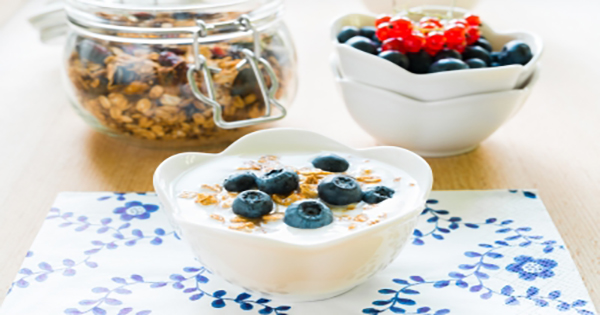Do Probiotics Lower Blood Pressure?
 Probiotics have been linked to health benefits, such as improved digestion, reduced depression, a stronger immune system, and prevention of urinary tract infections. Researchers are now exploring a possible connection between probiotics and blood pressure.
Probiotics have been linked to health benefits, such as improved digestion, reduced depression, a stronger immune system, and prevention of urinary tract infections. Researchers are now exploring a possible connection between probiotics and blood pressure.
What are probiotics?
Probiotics are live bacteria and microorganisms that promote proper bodily function, especially within the digestive tract.
The body is full of “good” and “bad” bacteria. Probiotics are often referred to as “good”.
Probiotics are naturally found in the intestines to assist with food digestion, elimination of disease-causing microorganisms, and vitamin production.
Probiotics to lower blood pressure
How the body maintains a stable blood pressure is complex with numerous biological pathways. One pathway involves angiotensin converting enzymes (ACE) responsible for vasoconstriction of blood vessels. ACE inhibitors are blood pressure medications that inhibit the function of ACE. Probiotics have been shown to have similar ACE-inhibitory activity via the production of antihypertensive peptides. (FYI – Peptides are a combination of amino acids. Amino acids are the build blocks for protein.)
Researchers reviewed human studies on the effect of probiotics on blood pressure. Evaluation of nine trials found probiotic consumption to lower systolic blood pressure by 3.56 mm Hg and diastolic blood pressure by 2.39 mm Hg.
Greater blood pressure reduction was seen when multiple versus single species probiotics were consumed and if baseline blood pressure was above 130/85 mm Hg versus less than 130/85 mm Hg. Greater reduction was also seen in individuals who consumed the probiotic for a duration greater than 8 weeks.
This research analysis suggests probiotic consumption may modestly improve blood pressure levels.
Therefore, consuming foods rich in probiotics will likely promote lower blood pressure levels and increase the effectiveness of blood pressure medications.
Dietary sources rich in probiotics
While probiotics are naturally found in the body, you can also obtain probiotics from foods and supplements.
Here are five dietary sources rich in probiotics.
1. Yogurt – Select yogurt that contains active or live cultures. The “Live & Active Culture” seal program was established by the National Yogurt Association. In order for products to carry the seal, refrigerated products must contain at least 100 million cultures per gram when manufactured and frozen products 10 million cultures per gram.
2. Kefir – A fermented milk drink that contains several strains of healthy bacteria and yeast.
3. Sauerkraut – Shredded cabbage fermented by lactic acid bacteria.
4. Kimchi – This is a spicy Korean side dish often containing fermented cabbage as the main ingredient.
5. Traditional buttermilk – The liquid leftover from butter production contains probiotics. (FYI – Cultured buttermilk which is more easily found in grocery stores does not contain as many probiotics.)
There are additional dietary steps you can take to lower blood pressure levels. Access the free e-course 7 Natural Ways to Lower Blood Pressure at http://lowerbloodpressurewithlisa.com.
All the best,
Lisa Nelson RD
Health Pro for HealthCentral
Image courtesy of tiramisustudio / FreeDigitalPhotos.net



